After Trump’s Iran decision: Time for Europe to step up
Six steps for the EU and its member states to save the nuclear agreement with Iran
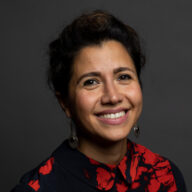
Deputy Director, Middle East and North Africa programme
Senior Policy Fellow
Europe-Iran relations; Iran nuclear deal and associated sanctions policy; Iranian foreign and domestic policy; Iran-Saudi relations
English, Persian
Ellie Geranmayeh is a senior policy fellow and deputy head of the Middle East and North Africa programme at the European Council on Foreign Relations. She focuses on European policy in relation to Iran, particularly on the nuclear and regional dossiers and sanctions policy.
Geranmayeh worked extensively on the diplomatic track that led to the 2015 nuclear deal and continues to brief senior policymakers on how to effectively contain Iran’s nuclear activities. Her research also covers wider regional dynamics including de-escalation efforts between the GCC states and Iran, and geopolitical trends in the Middle East as a consequence of increasing tensions between global powers.
She is regularly quoted by international media outlets including the New York Times, Wall Street Journal, The Guardian, and appears on CNN, Al-Jazeera and the BBC to provide commentary on developments in the Middle East.
Six steps for the EU and its member states to save the nuclear agreement with Iran
European leaders have been assiduous in lobbying Washington on the nuclear deal. But Europe must step up its diplomacy to ensure it does not lose Tehran in the process
Mark Leonard speaks with ECFR's Ellie Geranmayeh, Ilan Goldberg, head of the MENA programme at the Centre for New American Security, and Nasser Haiden, Professor…
Europeans should toughen their position in ongoing talks with the Trump administration if they are to preserve the Iran nuclear deal and limit insecurity in the Middle East
ECFR's director Mark Leonard checks in with ECFR's Policy Fellows Ulrike Franke and Ellie Geranmayeh after the first day of the Munich Security Conference 2018
Ruth Citrin speaks with Ellie Geranmayeh, Julien Barnes-Dacey and Hugh Lovatt, about the state of play in the MENA region and the considerations for Europeans…
Europe is right to choose a different path to Trump's destructive diplomacy
In 2017, differences between European leaders and US President Donald Trump on several global security objectives have strained transatlantic relations. Nowhere are these differences more…
Mark Leonard speaks with ECFR Policy Fellows Hugh Lovatt, Ellie Geranmayeh and Julien Barnes-Dacey about reactions to Trump’s recent recognition of Jerusalem as Israel’s capital…
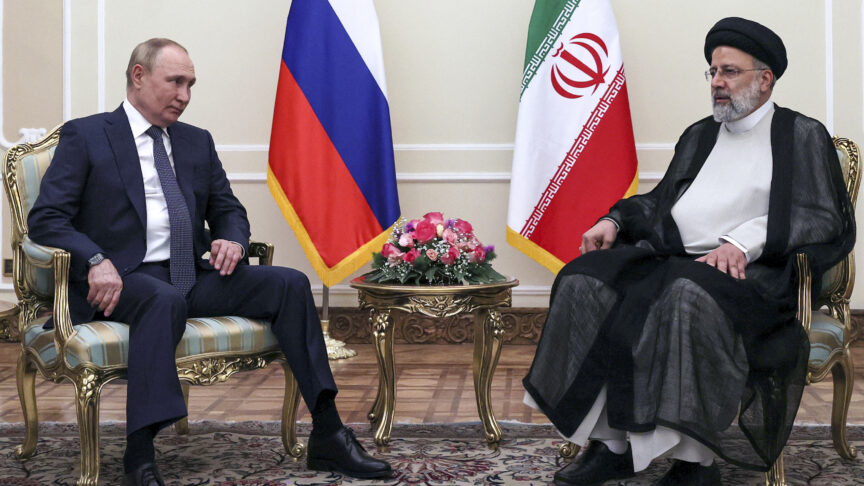
The war in Ukraine has led to unprecedented levels of cooperation between Russia and Iran. This new relationship poses a significant threat to European countries, whose governments should seek to mitigate the potential damage
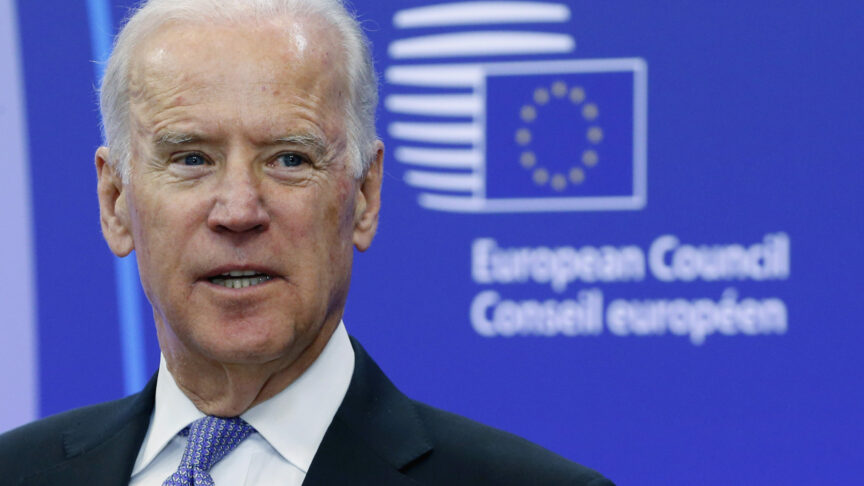
The Trump years galvanised Europeans’ efforts to strengthen their own sovereignty; they now need to agree concrete offers they can make to the new administration
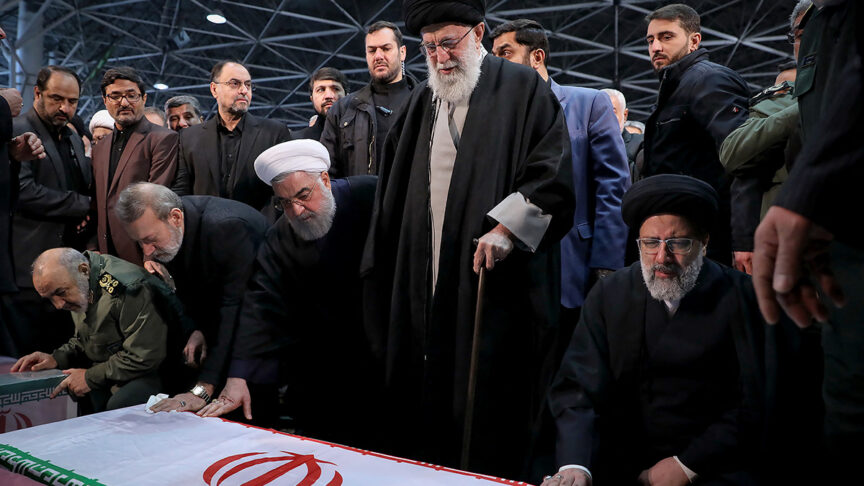
Europeans wish to persuade Iran to compromise on strategic issues – but, unless they understand the dynamics of domestic Iranian politics, they will not get far
The EU and its member states should strengthen their sanctions policy and begin to build up their deterrence and resilience against secondary sanctions
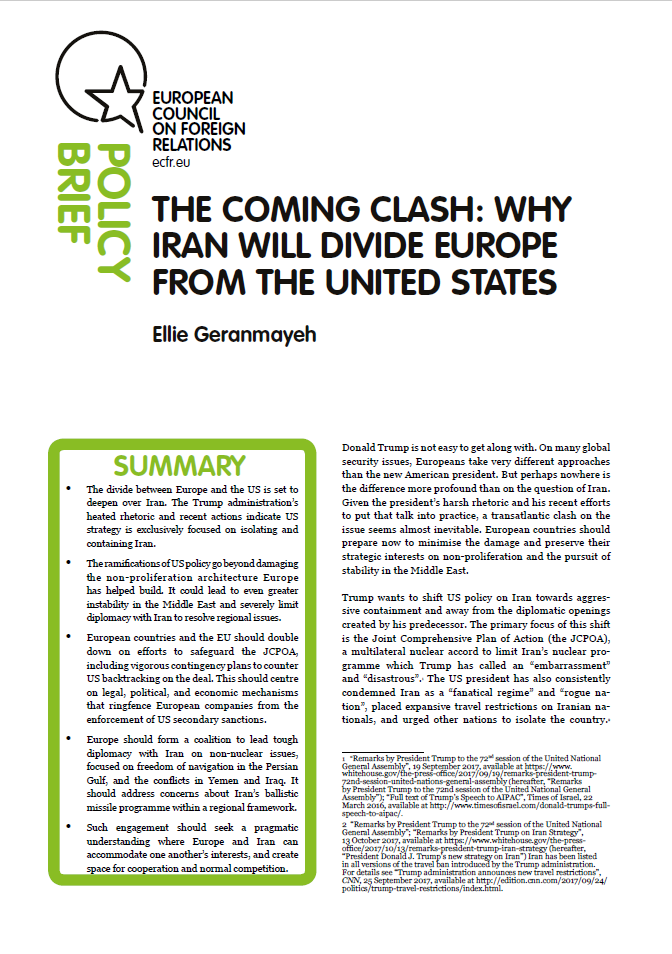
Europe must salvage the nuclear deal with Iran and step-up robust diplomacy with Teran on regional issues
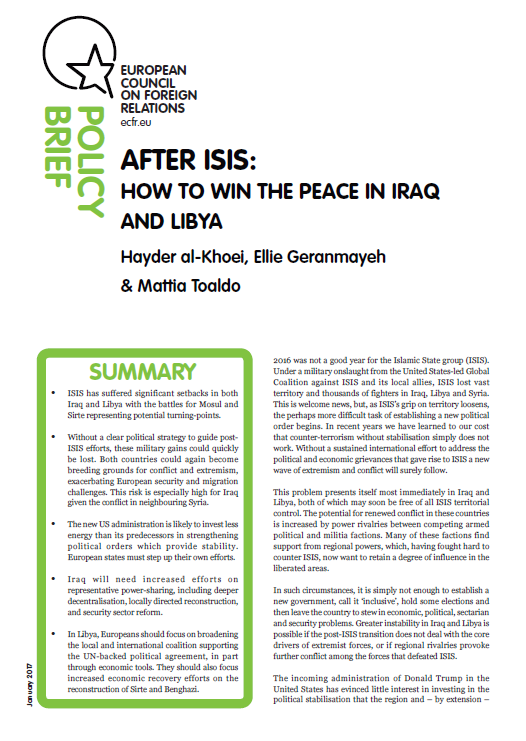
Recent terror attacks in Berlin, Baghdad and Istanbul demonstrate that defeating ISIS militarily is only half the battle
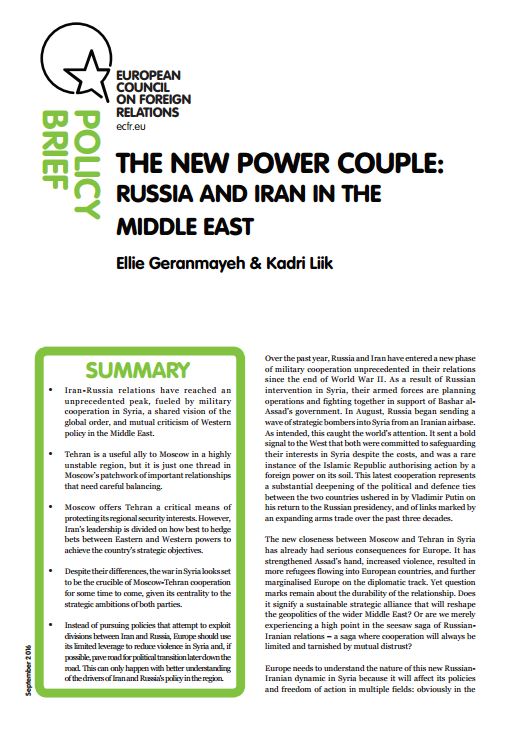
Joint military operations in Syria have brought Russia and Iran relations closer than at any point since World War II
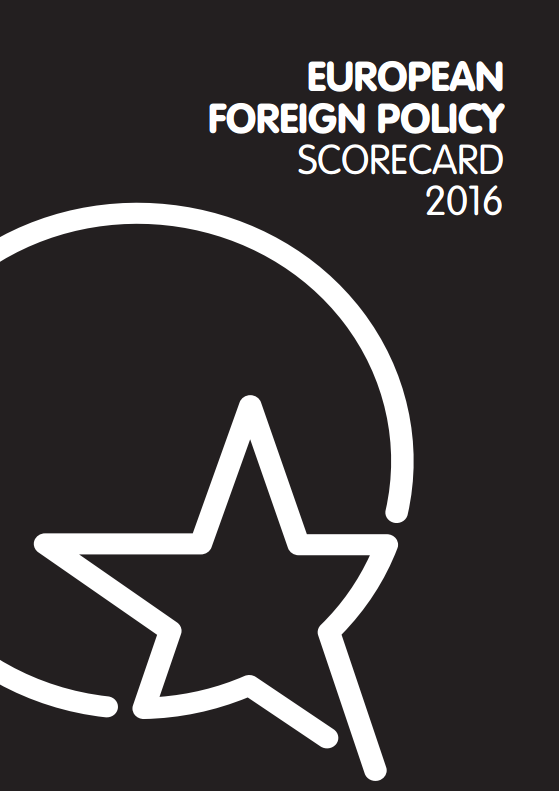
The sixth ECFR Foreign Policy Scorecard highlights the EU’s diminishing ability to influence its neighbours, and the neighbourhood’s growing impact on the EU
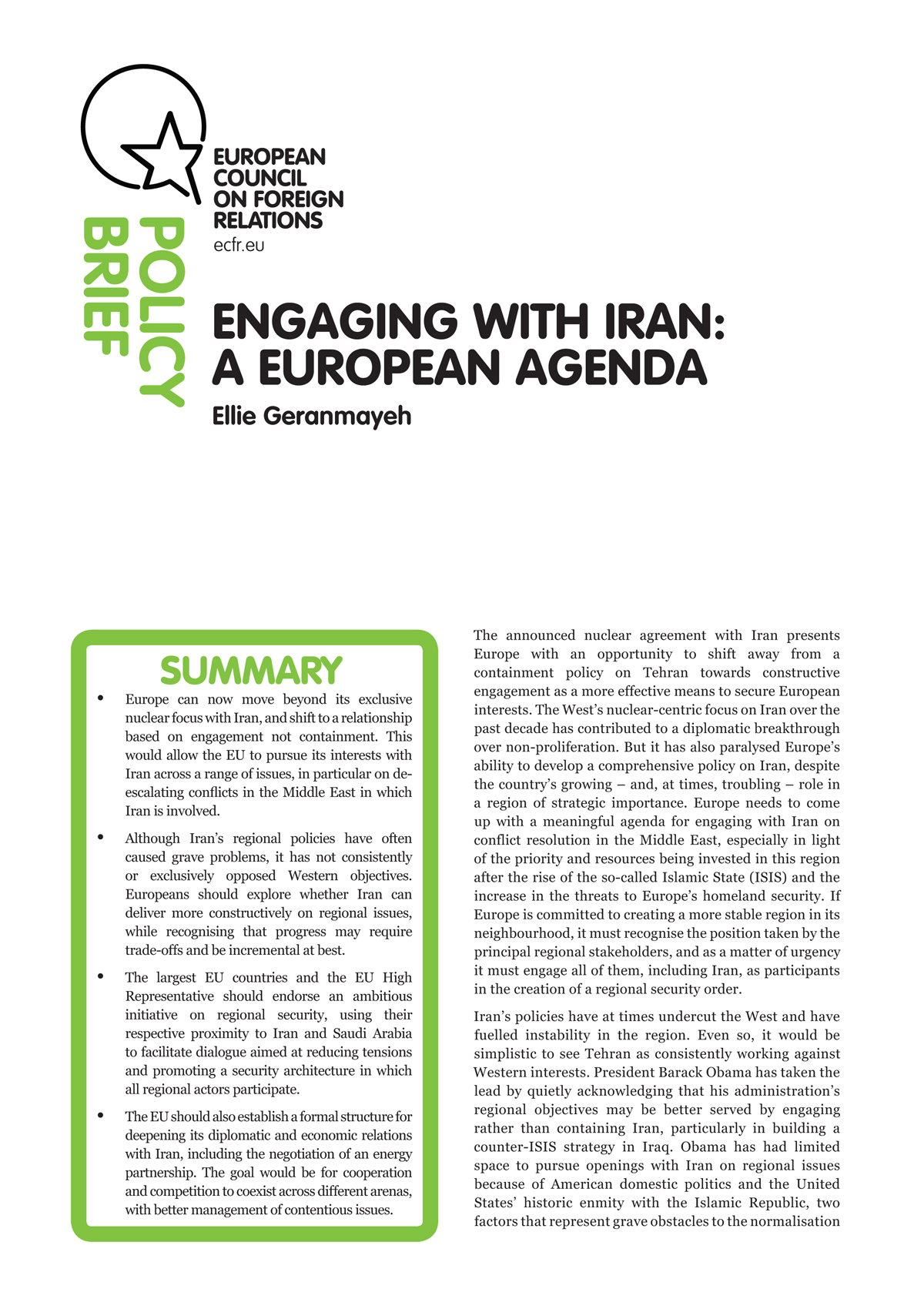
Iran deal should be a catalyst to end decade-long stand off with Tehran and lead to engagement on regional security
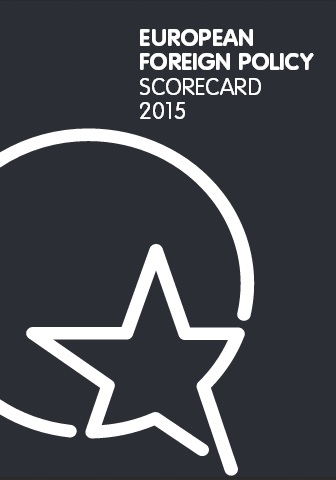
The fifth edition of ECFR’s Foreign Policy Scorecard examines EU’s response to a year of crisis
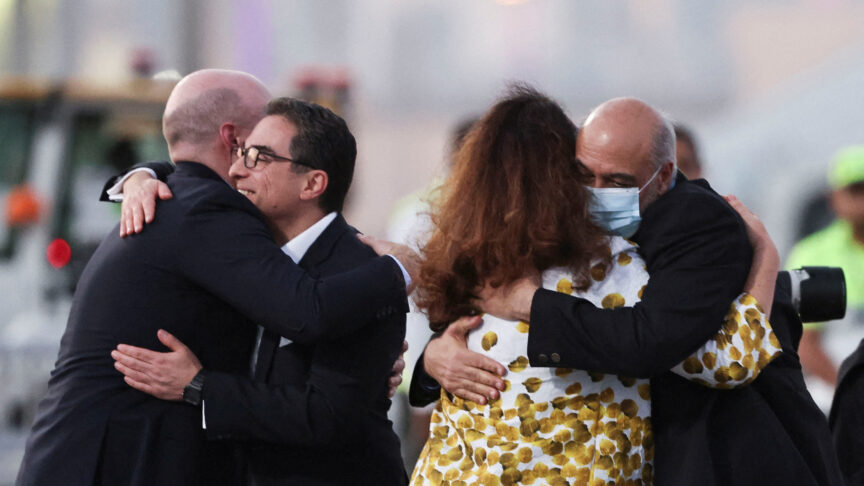
The Biden administration has secured the release of five US citizens from unjust detention in Iran. European countries should now coordinate with the US to tackle the use of arbitrary detention as diplomatic leverage in Iran and beyond
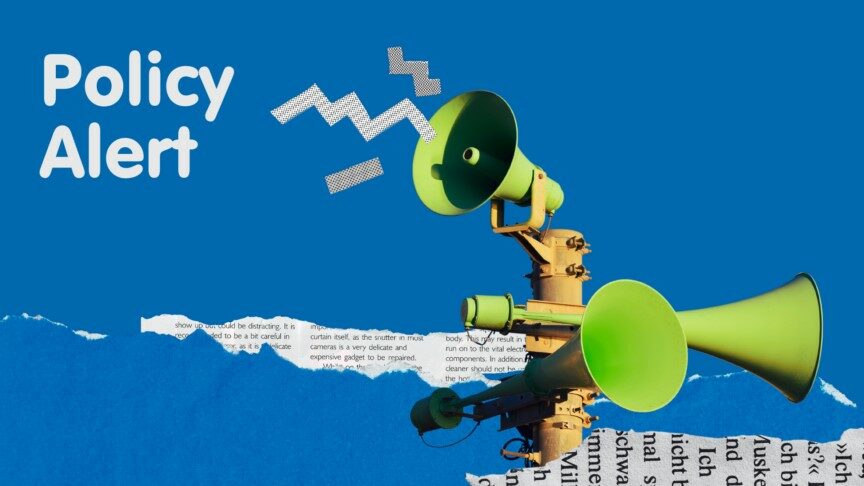
Quran desecration in Sweden and Denmark has drawn the ire of Muslim-majority countries. European governments should act now to prevent an escalation of tensions
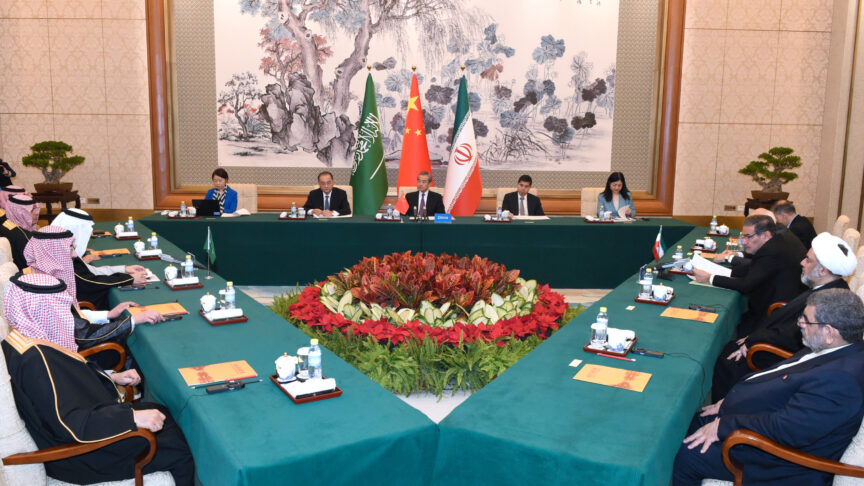
Saudi Arabia and Iran have agreed to begin the process of normalising their relations. Europeans should consider how to help entrench the stabilising gains of the agreement – even as they navigate difficulties with Iran
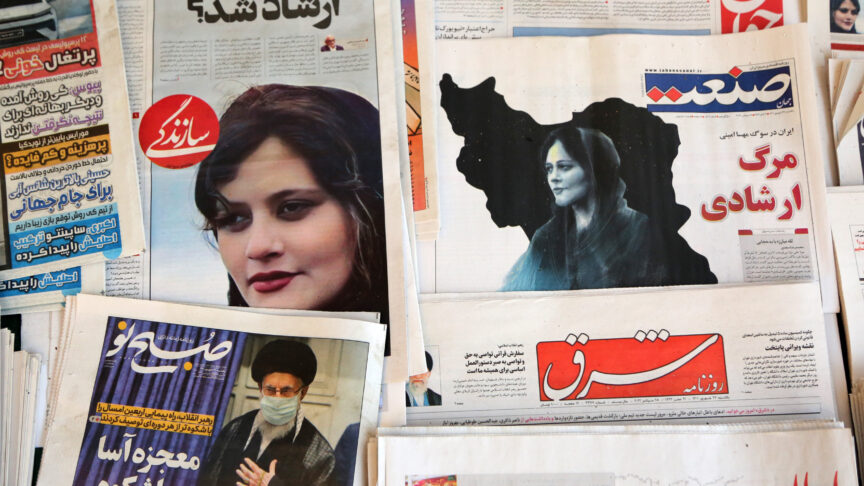
Young people in Iran have led mass protests after the death of a woman in police custody. The West should stand in solidarity with the protesters while keeping the diplomatic route open to constrain Iran’s nuclear programme.
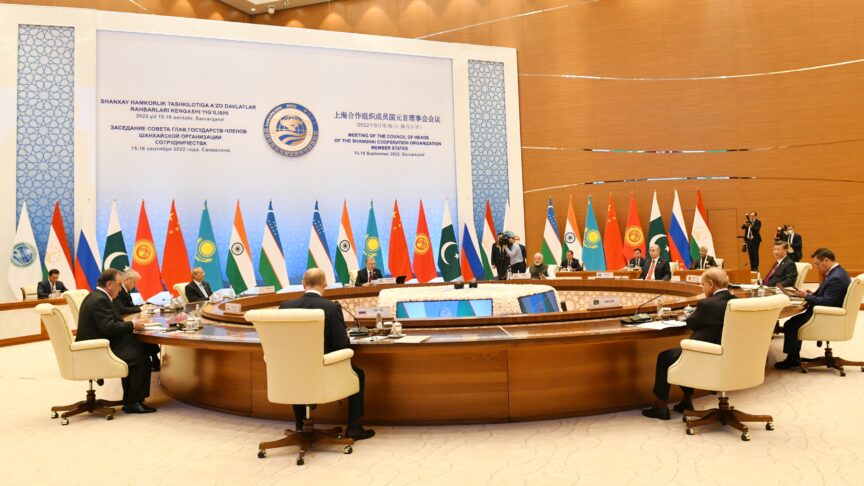
The SCO is often seen as the anti-NATO, but Putin will struggle to convince the other members – especially the Central Asian states – that his war is more important than Chinese investment
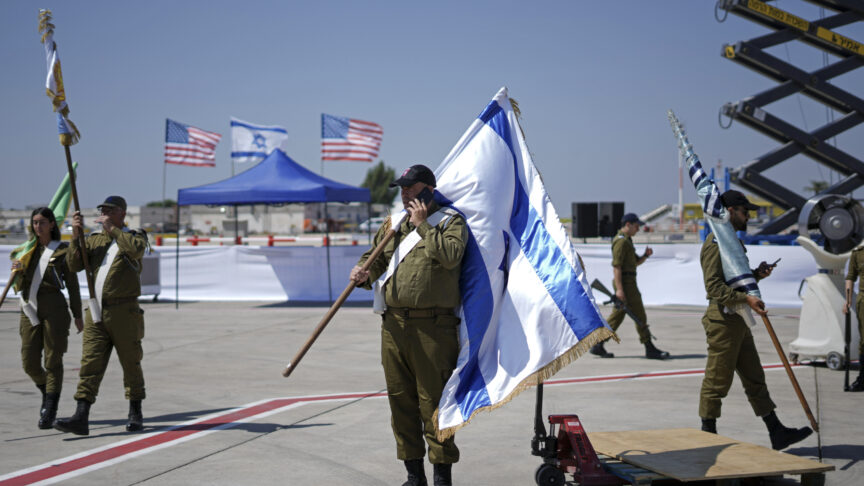
Military alignment between Israel and Gulf Arab states risks heightened conflict in the Middle East – without weakening Iran’s geopolitical position or nuclear programme
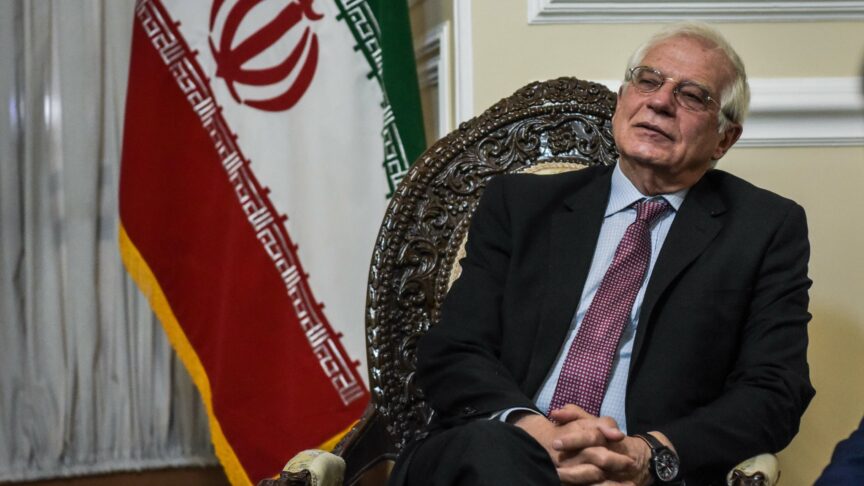
The collapse of the Iran nuclear deal could lead to military escalation and further turmoil in the global energy market. Europe can only address these threats through diplomacy with Iran and the US.
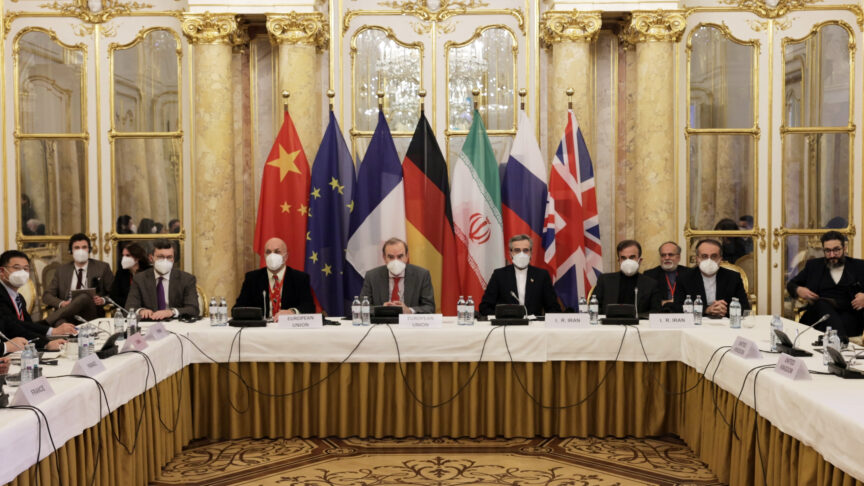
Tehran and Washington are close to a deal – but both sides need to give and take to achieve the wider benefits of a renewed Joint Comprehensive plan of Action (JCPOA)
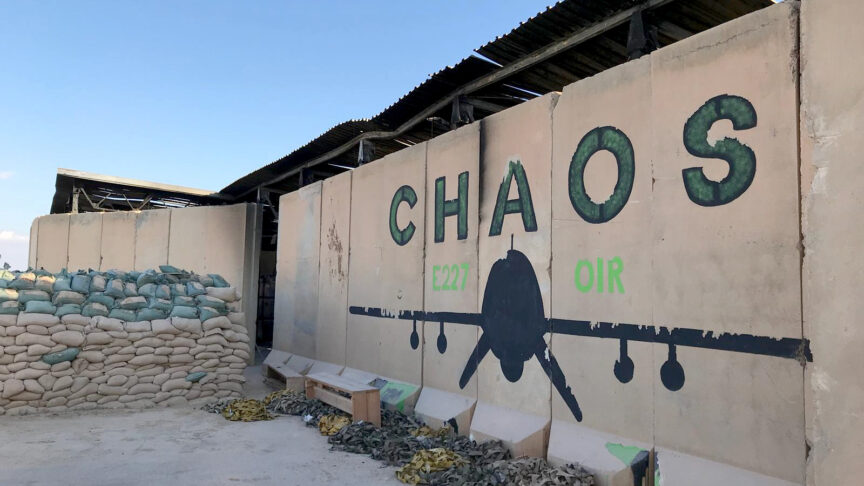
The US needs to swiftly re-energise diplomacy with Iran rather than be sucked into new tit-for-tat military strikes
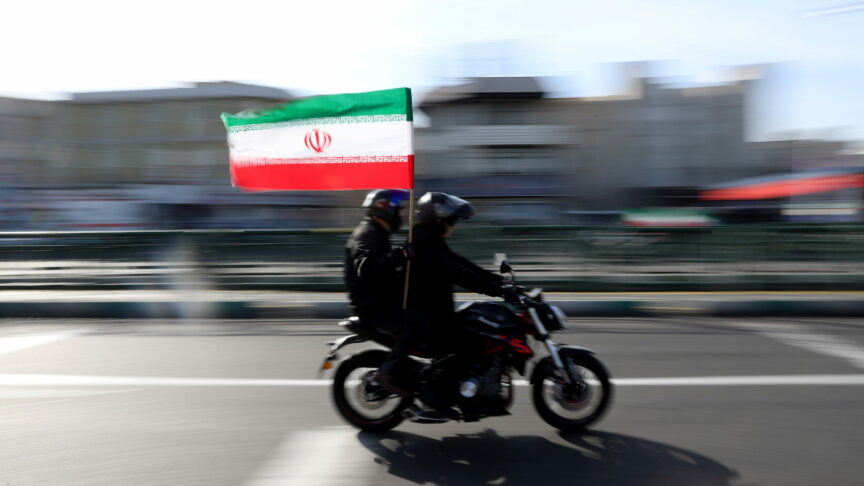
If European governments want to salvage the deal before it is too late, while also opening up the prospect of negotiations with Iran on regional security, they need to quickly and clearly reject the argument that the two issues should be bundled together
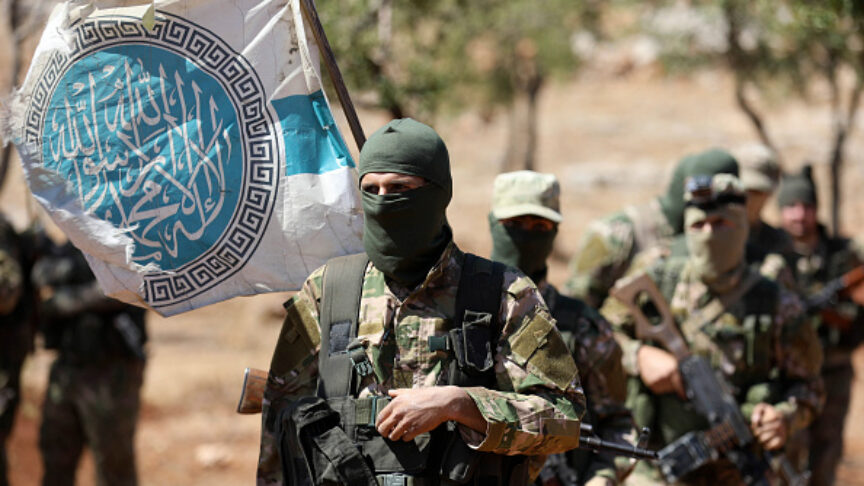
European governments need a deeper engagement strategy to draw these powerful actors into inclusive political processes and power-sharing structures that can help stabilise the region
Turmoil in the Middle East and north Africa directly affects Europeans. Yet their influence in the region has never been weaker. This project maps Europe’s role across the Middle East and north Africa, making the case that Europeans can do more to leverage their influence in pursuit of core interests
An ECFR guide to the key disputes threatening to spark a wider Middle Eastern war
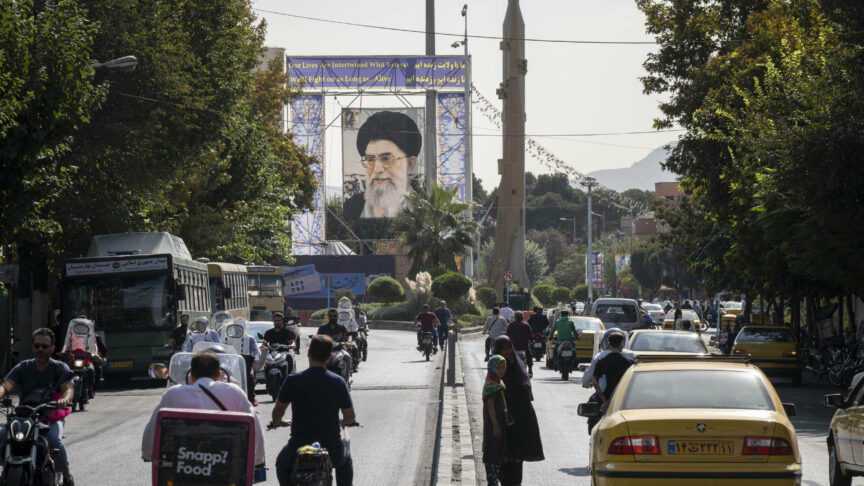
Mark Leonard welcomes Ellie Geranmayeh and Alistair Burt to understand the new multipolar order in the Middle East
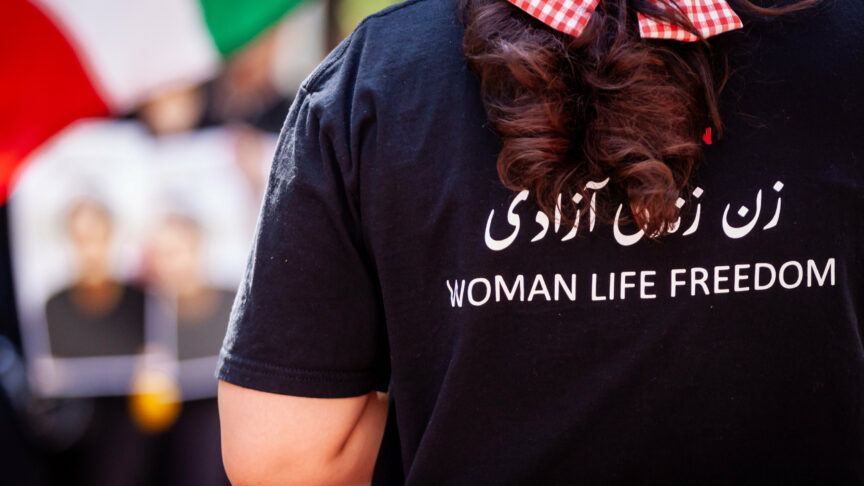
Ellie Geranmayeh speaks to Tara Sepehri Far, Sussan Tahmasebi, and Sanam Vakil about the situation in Iran a year after the Mahsa Amini Protests
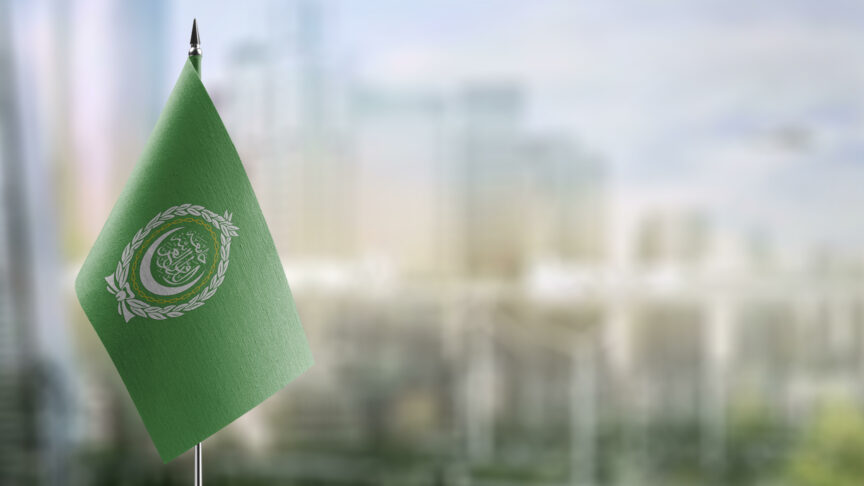
Ellie Geranmayeh speaks to Nadereh Chamlou and Sheikha Najla Al Qassimi about the geo-economic trends in the Middle East

The first episode of ECFR’s WOMENP mini-series brings together leading experts to discuss what can be expected from Iran and Saudi Arabia’s de-escalation after the…

In this week’s episode, Jeremy Shapiro joins an all-star ECFR panel of experts to discuss the SCO summit’s geopolitical implications

Mark Leonard, Ellie Geranmayeh, Hossein Mousavian, Vali Nasr, and Ali Vaez discuss the latest developments in the negotiations around the Iran nuclear deal and evaluate different possible outcomes and their consequences
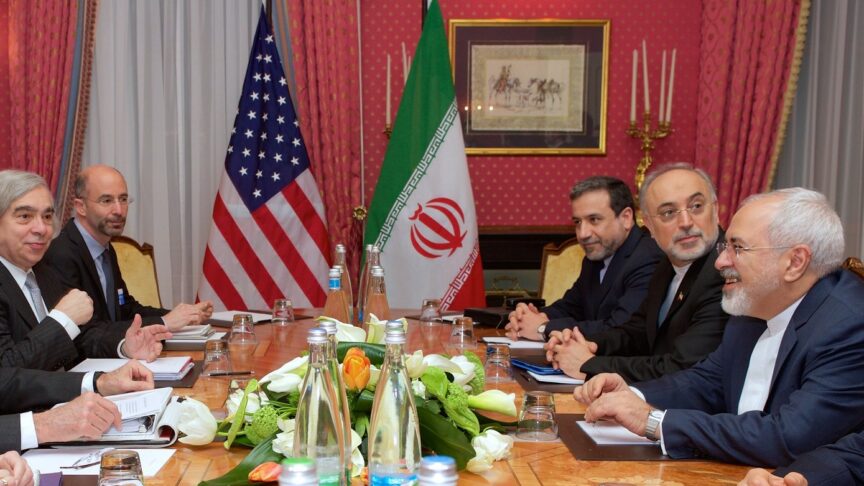
To what extent can and will Iran policy be a priority of the incoming administration? What can Europeans do to bolster transatlantic diplomacy on Iran?
The annual Munich Security Conference was themed “Westlessness”, defining “a widespread feeling of uneasiness and restlessness in the face of increasing uncertainty about the enduring purpose…
Lunch discussion to mark the launch of ECFR's newest paper “War and pieces: Political divides in southern Yemen“. International attention to the Yemeni conflict has shifted…
ECFR, in partnership with the Friedrich-Ebert-Foundation (FES), invited to a discussion on “Iran-US: Preventing a Collision Course” on 21 January. Following a series of…
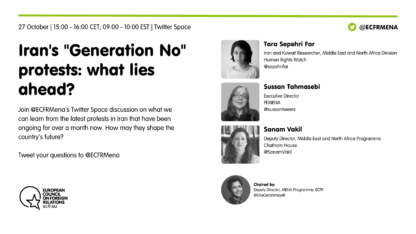
This Twitter Space will discuss important lessons from the ongoing protests in Iran and their implications for the country’s future
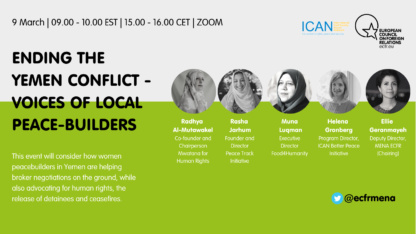
This event will consider how women peace-builders in Yemen are providing essential gender-responsive humanitarian and peacemaking support